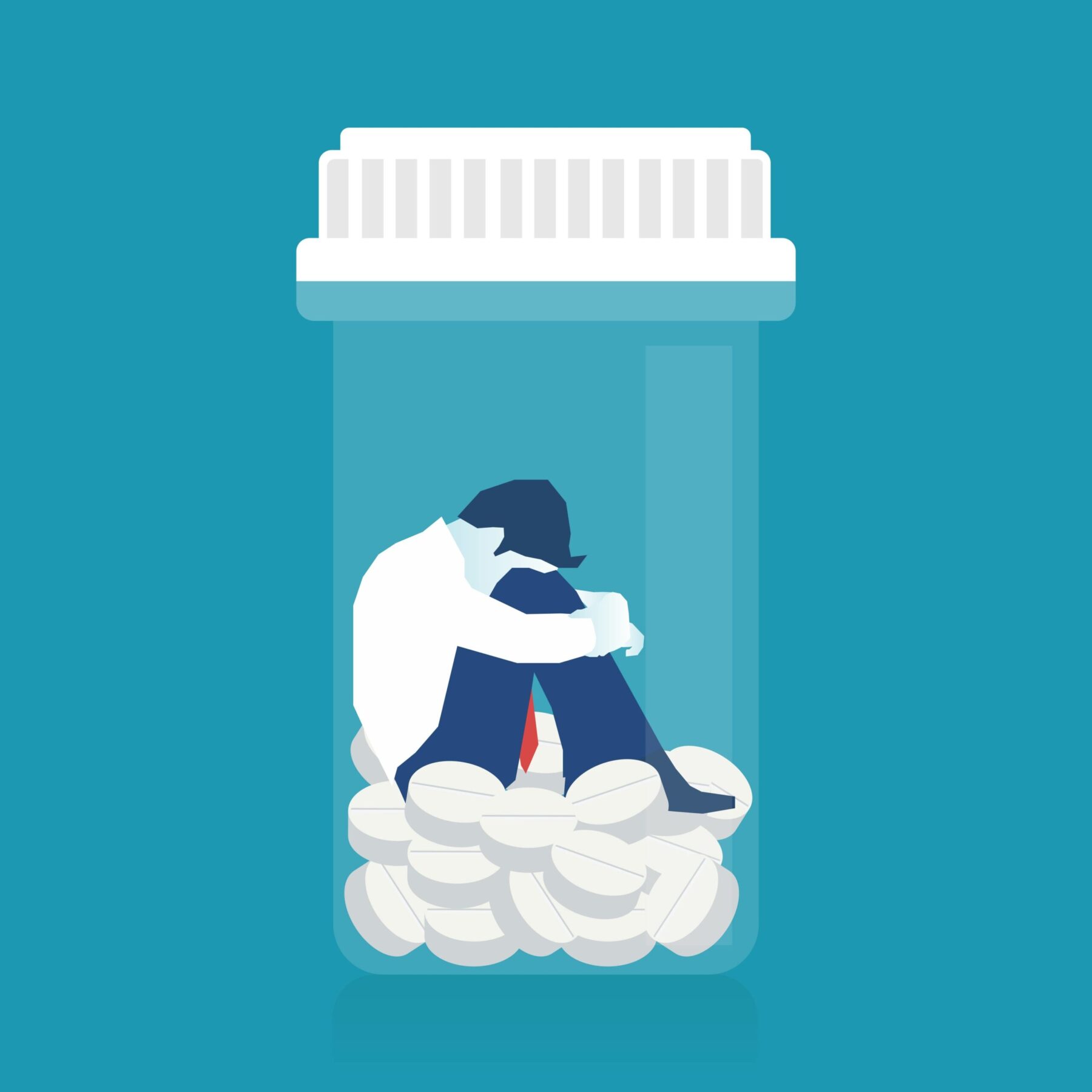From an outside perspective, addiction and obsession seem similar. In fact, the words are sometimes used interchangeably. But despite looking the same, obsession and addiction have distinct differences. Just because someone is obsessed with something doesn’t necessarily mean they’re addicted to it, and vice versa. Someone may even believe that their behavior is purely obsessive, when it’s actually addictive. To receive the appropriate treatment, it is important for patients to be able to distinguish between these two complications.
What It’s Like to Be Obsessed

While obsessive behaviors vary from person to person, they are all rooted in fear. People with obsessions feel like if they don’t follow their routine, they will face some sort of consequence. These could range from realistic consequences like headaches to impractical outcomes like a house fire or even death. Whether a fear is real or imagined, it could lead to obsessive behavior.
The Definition of Addiction
Addiction is the process of someone becoming dependent on a substance or behavior. A person with an addiction will never feel truly satisfied unless they are giving into their vice. Examples of popular addictive behaviors include:
- Drinking alcohol to relax
- Taking prescription drugs to numb pain
- Shopping to feel better about your appearance
- Gambling to earn quick and easy money
- Exercising for a rush of adrenaline
- Playing video games to feel successful
- Eating sugar to get energy
- Watching porn to feel desirable
All addictions, whether they involve substances or not, are rooted in the desire to escape from somewhere undesirable to somewhere pleasurable. People with addictions carry around a daydream about living a life with less stress, less pain, and more energy. They then use substances or engage in risky behaviors to chase that goal. Seeking to achieve this fantasy life may result in addictive behaviors and, in some cases, physical dependence.



